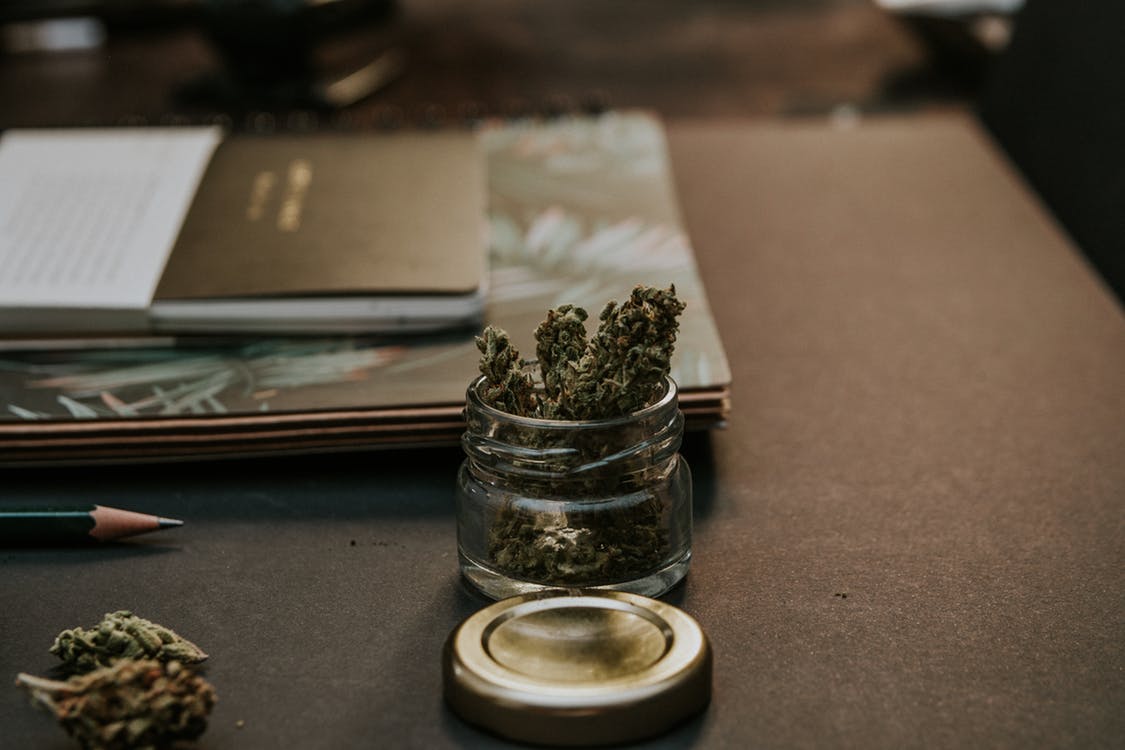The legalization of weed in the United States has expanded exponentially in recent years. The increasing flexibility of marijuana growing laws in Colorado further promotes a surge in the recreational use of marijuana. Weed is more accessible than ever before, prompting potential users to consider whether it can be used as a viable alternative for tobacco and alcohol. In making the switch, potential users may wonder how the health effects of weed use compare with those stemming from tobacco and alcohol. Although some health effects of marijuana remain unknown, marijuana appears to be a healthier alternative to recreational tobacco and alcohol use.
Switching from cigarettes to weed
The negative health effects of tobacco incentivize many to consider the switch to marijuana. Known facts about lung cancer demonstrate that 87 percent of cases can be linked to tobacco use. Like tobacco use, marijuana has been linked to an increased likelihood of bronchitis. Studies have failed to show a link between marijuana use and immune system deficiencies. Both marijuana and tobacco smoke irritate the throat and lungs, causing a heavy cough. Both also contain similar levels of volatile chemicals and tar.
Despite the similarities between marijuana and tobacco, there is no known link between marijuana use and lung cancer. The lasting effects of marijuana cause users to smoke less frequently than tobacco users. However, many people use both marijuana and tobacco, creating difficulties in establishing marijuana’s sole contribution to lung cancer risk. Cell culture and animal studies suggest that THC and CBD have antitumor effects, supporting the conclusion that marijuana use reduces the risk of lung cancer. However, more research is needed to create a definite link. It is difficult to compare the effects of tobacco and smoking weed because of the difference in smoking methods and frequency. Despite the difficulties, the strong link between tobacco use and lung cancer supports the conclusion that marijuana use is likely a healthier alternative.
Smoking instead of drinking
Others may consider marijuana as an alternative to alcohol use, as excessive drinking is widely known to be fatal. Each year, an estimated 88,000 alcohol-related deaths result from drinking, drunk driving, liver damage, and more. In comparison, marijuana-related deaths are almost zero. To overdose on marijuana, an individual would have to consume an extraordinary amount of THC (somewhere between 238 and 1,113 half-gram joints).
Marijuana has been shown to reduce rates of intimate partner violence, while alcohol has been shown to cause the most harm. Over half of binge drinkers reported blackouts within the past year. Blackouts are known to cause risky behavior, such as unprotected sex or drunk driving. Studies on marijuana use have suggested memory and learning impairments, but remain inconclusive. Other studies have demonstrated how the effects of marijuana on the brain may lead to psychological difficulties later in life. It is neither safe to drive under the influence of marijuana and alcohol nor to use either during pregnancy. Despite its negative health effects, marijuana use is a healthier and safer alternative to drinking alcohol.
Although studies on the negative effects of marijuana are largely inconclusive, marijuana is clearly a healthier alternative. The convenience of a trip to the liquor store or gas station seems tempting, but the effects of tobacco and alcohol are detrimental to long-term health. The 2018 midterm election resulted in more states legalizing recreational and medical marijuana use, with more states likely to follow in the next few years. With the increasing availability of marijuana, alcohol and tobacco users are left to weigh the effects and make an important decision regarding their health.





